Ahead of an evening of dramatised readings of Dilip Chitre's works, director and playwright Prajakt Deshmukh looks back on the iconic poet, his legacy and relevance
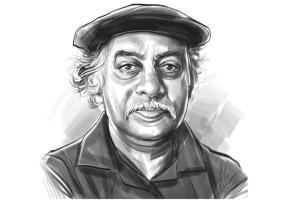
Illustration/Uday Mohite
From his haiku in memory of Dadar Beach to the "Manhattan-like unreality" of Nariman Point, each time Dilip Purushottam Chitre put pen to paper, Bombay — and by extension, the human condition — shed another of its inexplicable layers to reveal itself in a new light. The eminent poet and critic, who wrote in Marathi and English, passed away 10 years ago, but continues to be discovered and rediscovered each time a reader stumbles upon his works. This was also the case with Nashik-based playwright and director Prajakt Deshmukh.
ADVERTISEMENT
"It was about five years ago that I came across Di Pu Chitre's verses. And such was the imagery he evoked with his words that I was left wondering if it was a painting, or a deft director's screenplay," he recalls, referring to the poet in the way the Marathi language addresses a personality by their initials. The chance encounter then developed into a vocal exercise routine for him and his theatre group, where they would recite Chitre's poetry to loosen up before going on stage.
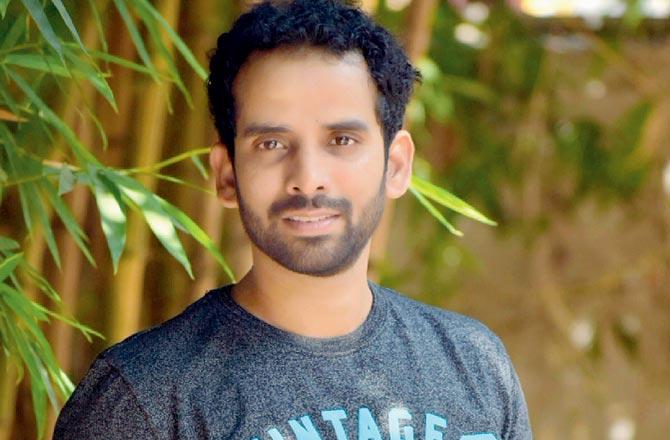
Pranav Prabhakar
This evening, Deshmukh together with Sachin Shinde, Shipad Deshpande and Pranav Prabhakar will present a dramatised reading of select verses in Marathi by the poet in a performance directed by Deshmukh. Called Punha Chitre (Chitre Once Again), the reading is a collaboration between Dr Bhau Daji Lad Museum and Popular Prakashan, and marks the completion of two years of Museum Katta, a curated programme series in Marathi.
The idea, Deshmukh tells us, was born when he visited the office of the publishing house in relation to the recently published book on his play, Sangeet Devbabhali. "I enquired about a book of poems by Di Pu Chitre, and realised it had been out of print for years together. But the publishers informed me that they were planning to reprint a title on his collected works. We couldn't think of a better idea of re-launching Ekun Kavita than with a celebration of his poems," he shares, adding that the collection is vital documentation of not just Chitre's poems, but of the period he lived in.
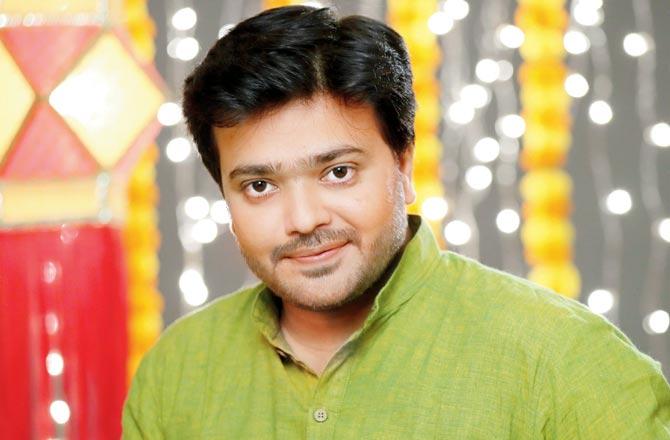
Sripad Deshpande
The reading will be accompanied by projections of images that the verses evoke, and music including thumri and ambient sounds. As Deshmukh takes us through the selection of poems, he also gives a peek into the impact Chitre had had on him. "Deva, yahi deshaat paus paad [Lord, let it rain in this country] is a social satire, while Group photo draws from vintage photographs of his ancestors, through which he takes the reader on a ride of Mumbai," he says, dwelling particularly on Dehu, a work that inspired his own play on poet-saint Tukaram. "Tukaram is one of the greatest philosophers India has produced, and Di Pu Chitre is one of the greatest sources of knowledge on his philosophy."
Deshmukh then ties it all up when he shares his views on the poem, JP. "It is about Jayaprakash Narayan, how he ignited the true meaning of freedom in Indian society and how he remained relevant at the time the work was written [which was long after Narayan's death]," he says. "Which is interesting because here we are, reading Di Pu Chitre's works in the 10th year of his death anniversary, marvelling at the relevance of what he wrote decades ago."
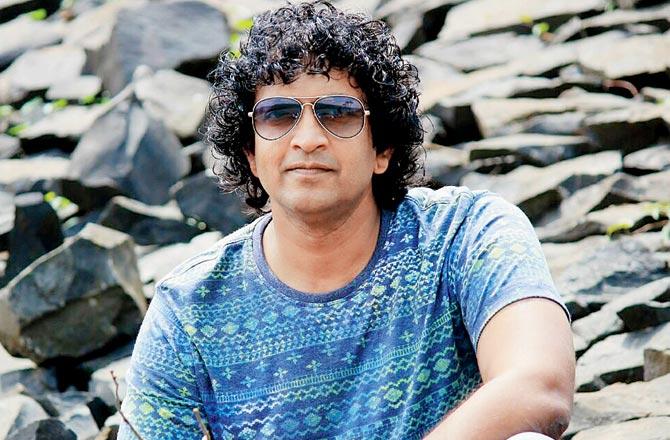
Sachin Shinde
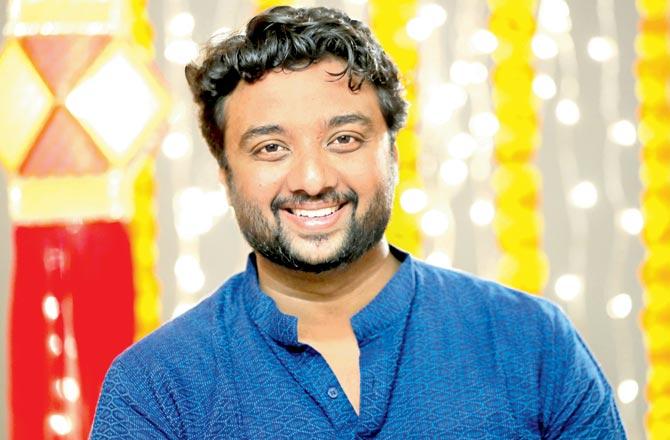
Prajakt Deshmukh
On Today, 6 pm to 7.30 pm
At Dr Bhau Daji Lad Mumbai City Museum, Byculla East.
Call 23731234 (First come first served)
Free
Catch up on all the latest Mumbai news, crime news, current affairs, and also a complete guide on Mumbai from food to things to do and events across the city here. Also download the new mid-day Android and iOS apps to get latest updates
 Subscribe today by clicking the link and stay updated with the latest news!" Click here!
Subscribe today by clicking the link and stay updated with the latest news!" Click here!







